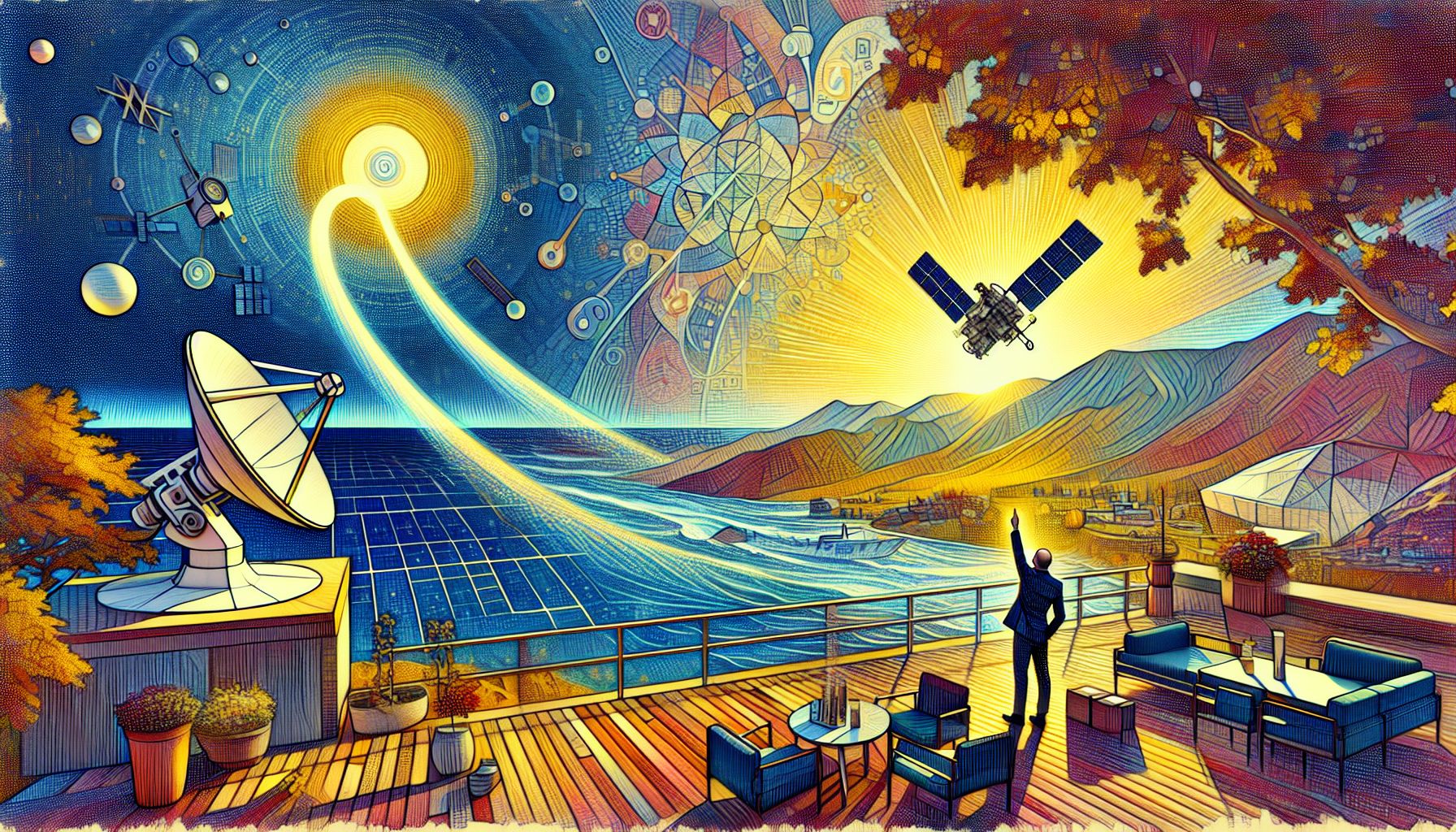TNO Pioneers Space-Based Quantum Internet with Qu-STAR Project

Delft, Wednesday, 18 September 2024.
The Netherlands Organisation for Applied Scientific Research (TNO) launches Qu-STAR, a groundbreaking project exploring satellite technology to extend quantum networks globally. Collaborating with Airbus, TNO aims to overcome current terrestrial limitations and revolutionize worldwide quantum connectivity.
Overcoming Terrestrial Limitations
Current quantum networks are limited to a few hundred kilometers due to the restrictive nature of terrestrial infrastructure. Traditional ground-based networks face significant challenges in transmitting quantum information over long distances, primarily due to signal degradation and loss. These limitations prevent the full realization of a global quantum internet, essential for advancing quantum computing’s potential across various fields such as material design, pharmaceutical development, and data processing[1].
The Role of Satellites in Quantum Networks
Satellites offer a promising solution to this problem. By transmitting quantum information through free-space optical channels rather than fiber-optics, satellites can overcome the distance limitations inherent in ground-based networks. This approach significantly reduces signal loss and degradation, making it feasible to connect quantum devices globally. The Qu-STAR project aims to leverage these advantages by designing a comprehensive architecture for a satellite-based quantum internet[2].
Collaborative Efforts and Expertise
TNO, headquartered in The Hague, Netherlands, is spearheading the Qu-STAR project in collaboration with Airbus Central Research and Technology. Airbus, with its extensive experience in optical and quantum communication, will work alongside TNO to develop the necessary infrastructure. This partnership also aligns with the Quantum Internet Alliance’s efforts to promote satellite-enabled quantum networks through its Special Interest Group on Space[3].
Qu-STAR’s Technological Innovations
The Qu-STAR project involves cutting-edge innovations in optics for laser satellite communications and advanced ICT infrastructure. One of the core techniques underpinning this technology is entanglement swapping, which allows quantum information to be transmitted over vast distances without direct interaction between particles. This method is crucial for establishing a scalable and secure global quantum network[4].
Global Implications and Future Prospects
The successful implementation of a satellite-based quantum internet could have far-reaching implications. It would enable unprecedented advancements in fields requiring high-security data transmission and complex computational capabilities. Moreover, it positions the Netherlands as a leader in quantum technology and global connectivity solutions. As TNO’s Director of Space, Kees Buijsrogge, emphasizes, the collaborative and open approach of the Qu-STAR project invites other organizations to join and contribute to this pioneering initiative[1].

